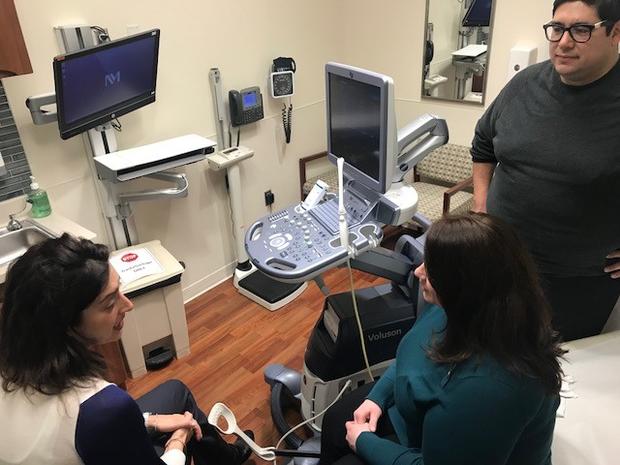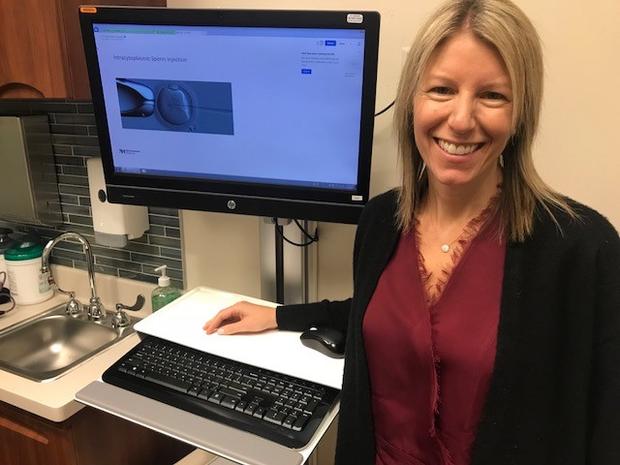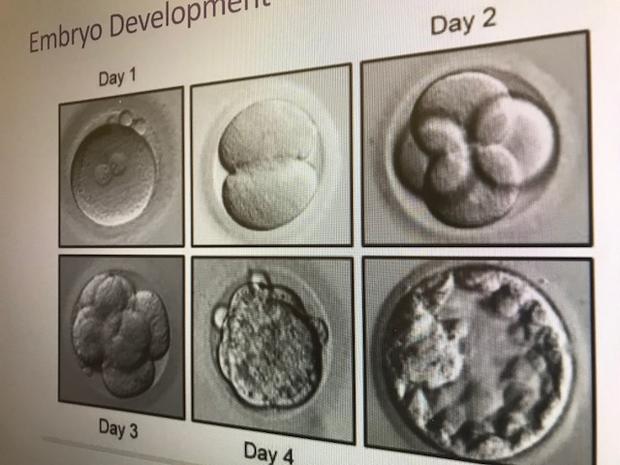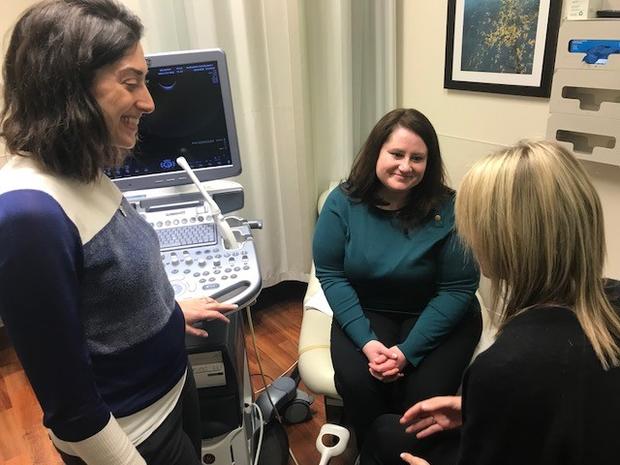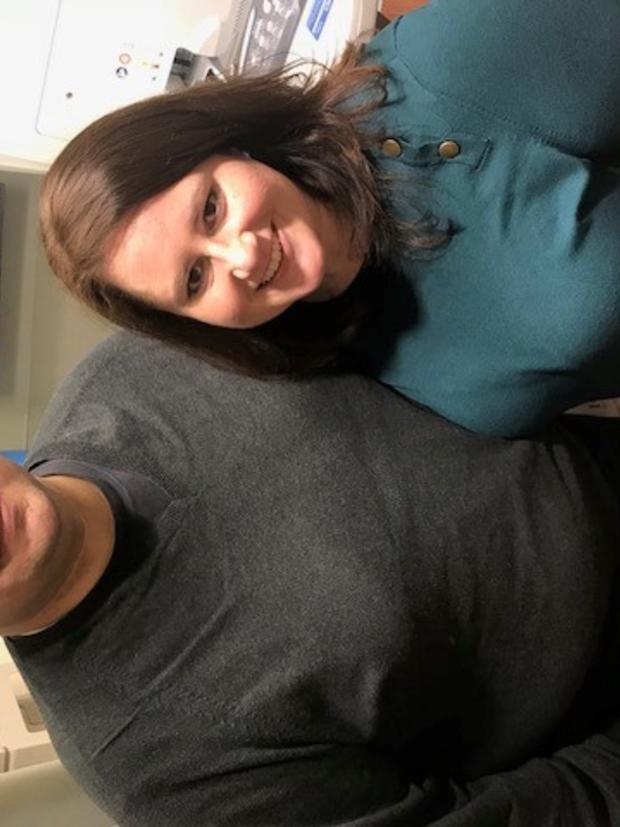Made In Chicago: The Life Foundation
CHICAGO (WBBM NEWSRADIO) -- Tracy and John Papach of Evergreen Park have been married for 10 years. They've spent nine of them trying to have a child.
"Nothing was working for us," Tracy recalled.
After several rounds of failed intrauterine insemination and in vitro fertilization (IVF), they've already spent upwards of $25,000, and without health insurance, it's been out of pocket.
"We were willing to live poor to have a child," John Papach said.
"I was willing to do whatever it takes," said Tracy, who was diagnosed with PolyCystic Ovary Syndrome.
In November, they learned about the Life Foundation, a Chicago-based non-profit organization that helps infertile couples after they've run out options and money.
"Infertility is really prevalent. 8 to 12 percent of the population has infertility. It's a true medical disease, however insurance companies don't always recognize it as such," said Dr. Eve Feinberg, founder and president of the Kevin J. Lederer Life Foundation.
Feinberg says the foundation was formed in 2013 and offers pro bono care and financial aid.
"We treat a large volume of patients and most of them do not have comprehensive fertility coverage. In addition to the devastating nature of the disease itself, it's also really devastating to find out you don't have coverage," she said.
Couples apply for grants, and an advisory board chooses couples based on financial need and clinical experience.
"We have an established objective scoring system and, collaboratively as a group of eight, we help identify those candidates who are not only the best candidates, but will have the greatest likelihood of success," said Jennifer Hirshfeld-Cytron, who is the company's vice president.
To qualify for a Life grant, among other requirements, individuals must have an annual household income of less than $150,000. The number of awarded grants depends on how many practices agree to donate IVF cycles and how much money is raised.
"It's about 15 cycles a year, which is spectacular. We also have financial grants that are utilized for patients who are pursuing adoption, egg donation, or a gestational carrier. No matter where you live, those have zero coverage. Adoption can range in cost between $30-40,000," Hirshfeld-Cytron said.
The Life Foundation is the only one of its kind in the Midwest. Over the years, they've given out 37 grants that have lead to 20 babies.
"It's probably one of the greatest feelings ever to know that that these families wouldn't have had children without our assistance," said Feinberg.
For the Papach's, the Life Foundation has been a godsend.
"This is an amazing experience. I actually consider this like winning the lottery," laughed Tracy Papach, who was implanted last week and awaits what they hope will be good news. "I'm crossing my fingers. I'm feeling incredibly stressed, trying to stay calm, but staying positive and hoping for the best."
"Infertility is a true medical disease. It's not a choice. Our goal is however you attempt to expand or create your family, we're here to support that," Hirshfeld-Cytron added.
"This is our night, evening and weekend hobby. But it obviously grew out of a deep desire to help others," said Feinberg.
Update: The Papaches got good news Monday, Feb. 12 -- they're pregnant.
